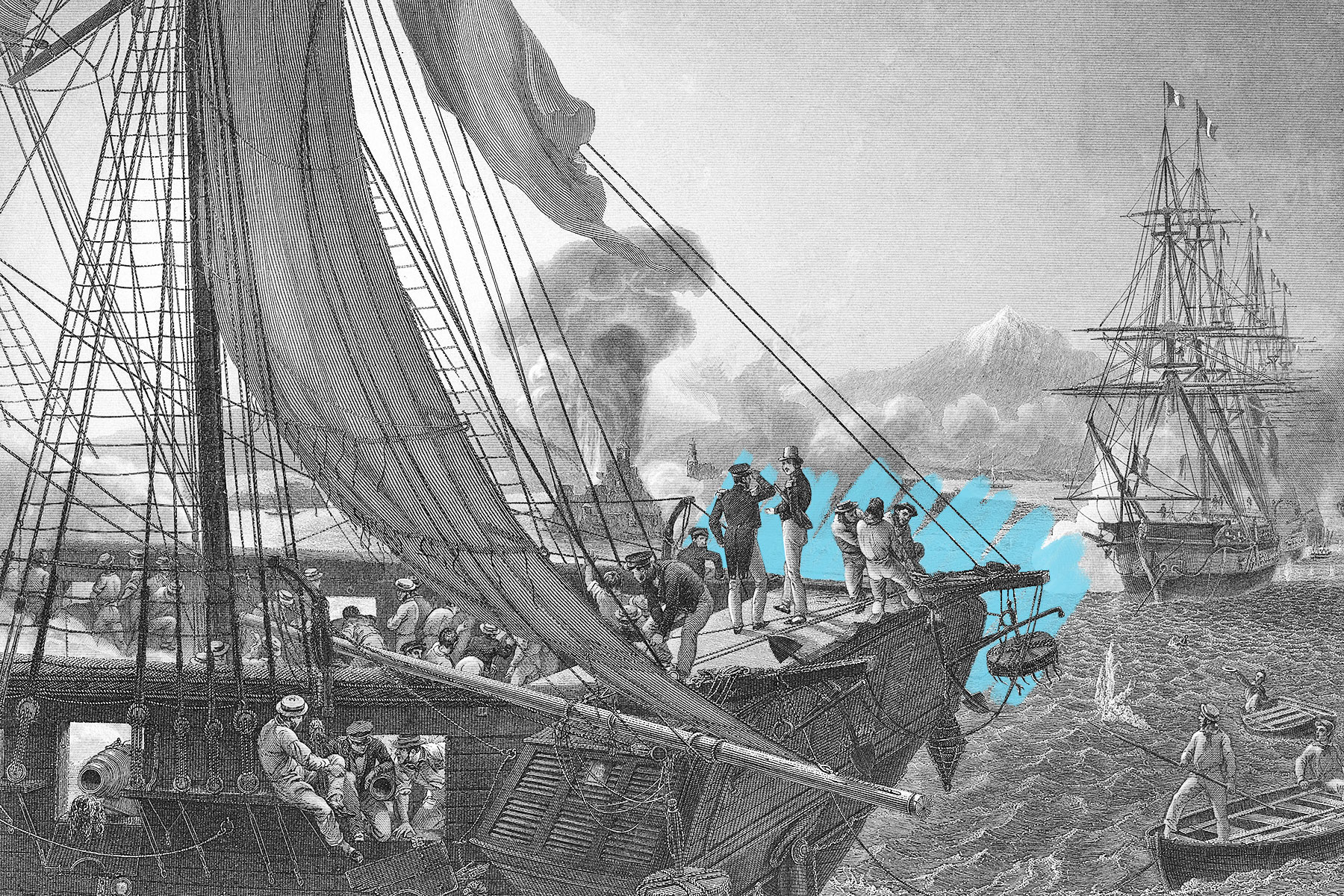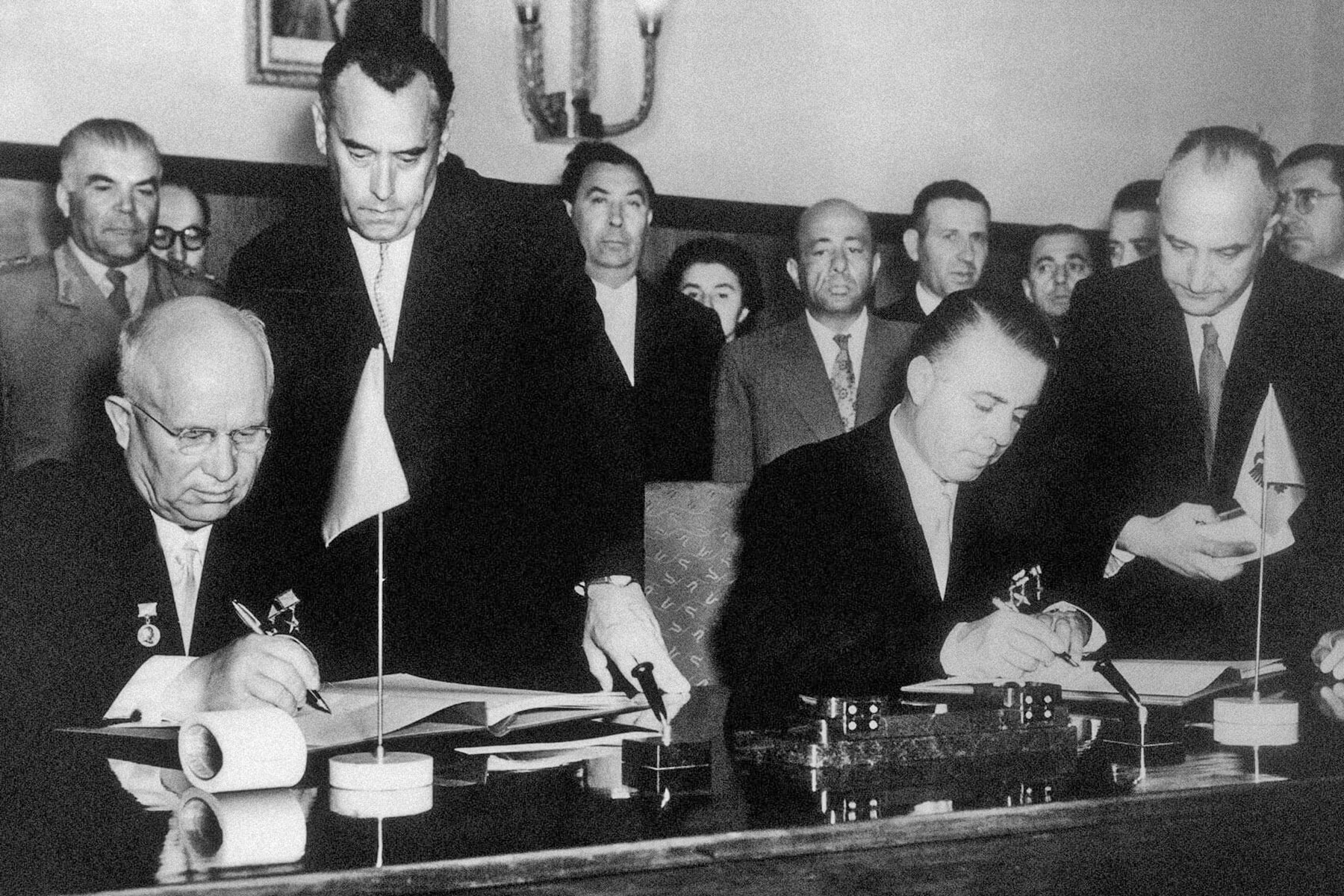The time France fought a war over pastry
Friday, January 5, 2024
After Mexico won its independence from Spain in 1821, its political environment was unstable, and its relationship with France — another European colonial power — was tense. |
| |
| |
|
 |
|
| A fter Mexico won its independence from Spain in 1821, its political environment was unstable, and its relationship with France — another European colonial power — was tense. These tensions came to a head in 1832, when a group of Mexican army officers went into a pastry shop outside Mexico City. The shop was owned by one Monsieur Remontel, a French national. The officers helped themselves to every pastry in his shop — after confining the owner to a room, according to some sources — and then left without paying. Afterward, Remontel demanded an enormous sum of 60,000 pesos as compensation from the Mexican government — about 60 times the total value of his shop. |
|
|
| Remontel wasn't the only Frenchman to lodge such a complaint. Foreign nationals living in Mexico at the time, including a large population of French residents, started to complain about property damage sustained during civil disturbances, and sought redress from the Mexican government, with no success. Remontel became a kind of poster child for the growing demands, and in 1837, the French government got involved. France drew a hard line, demanding that Mexico pay a total of 600,000 pesos or prepare for war. The Mexican government couldn't pay, so the French navy instituted a blockade at Veracruz, the main Mexican port along the Gulf of Mexico. After seven months, French soldiers escalated by firing on the fortress of San Juan de Ulúa and occupying the city. France eventually withdrew after being guaranteed payment through Great Britain. |
|
| Officially, the conflict was called the first Franco-Mexican War, but it became known derisively as the Pastry War in Mexico. Though the conflict may sound petty, it had a major influence on Mexican history. During the war, troops were led by Antonio López de Santa Anna, the former president of Mexico who was disgraced after losing Texas to the United States. Santa Anna lost a leg fighting the French (it was amputated after being injured by cannon fire), and the incident restored his public reputation. He went on to become president of Mexico seven more times. |
|
 |  |
|
| Thank you for supporting our advertisers! |
|
| |
|
 |
|
By the Numbers |
|
| Cumulative years of Santa Anna's 11 presidencies | | | 6 |
| | | French nationals currently living in Mexico | | | 21,000 |
| | | French nationals currently living in Mexico | | | 21,000 |
|
|
|
| Years that Pastry War, a bar in Houston, Texas, has been open | | | 8 |
| | | Weight (in tons) of pastries sold in Mexico in 2017 | | | 1.2 million |
| | | Weight (in tons) of pastries sold in Mexico in 2017 | | | 1.2 million |
|
|
|
 |
|
 | | Did you know? |
|
|
The Mexican president staged an elaborate funeral for his leg. |
|
| Antonio López de Santa Anna was known for his flamboyant personality. After losing his leg in the Pastry War, he had it buried at his hacienda in Veracruz. In 1842, while he was serving as president of Mexico, he dug up the limb and had an ornate coach parade it to Mexico City, where he gave it a full state funeral with cannon fire, poetry, and speeches. But public opinion turned against Santa Anna again, and just two years later, when three-time Mexican President José Joaquín Antonio de Herrera led a successful revolt against Santa Anna, protesters dug the leg back up and dragged it through the streets. |
|
| Thank you for supporting our advertisers! |
|
| |


posted by June Lesley at 6:00 AM










![]()
![]()






0 Comments:
Post a Comment
<< Home